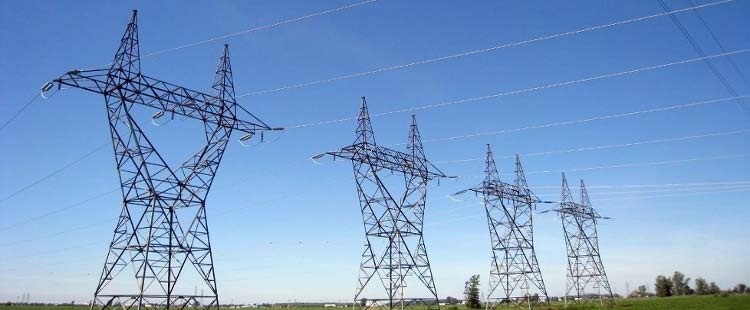
ELECTRICITY users should brace for tough times as the national power utility Zimbabwe Electricity Transmission and Distribution Company (Zetdc) plans to hike electricity tariffs barely three months after it slashed debts for domestic consumers and farmers.
STAFF REPORTER
The power company yesterday announced that it had applied to the country’s energy regulator Zimbabwe Energy Regulatory Authority seeking to review its tariffs next year in a bid to boost revenue and improve operational efficiency.
The development is likely to further pile pressure on consumers already bearing the brunt of an underperforming economy.
“The Zimbabwe Electricity Transmission and Distribution Company has applied to the Zimbabwe Energy Regulatory Authority for a review of the electricity tariff applicable to its customers in 2014 in terms of the provisions of section 53(1) of the Electricity Act (Chapter 13:19),” part of the notice reads.
“This application is seeking a review of the tariff to an average of 11,48ck/KWh from the current 9,86c/KWh.
“This adjustment has been applied using the approved rate of return methodology.
“This tariff application is based on a revenue requirement $986 362 044 for 2014.”
- Chamisa under fire over US$120K donation
- Mavhunga puts DeMbare into Chibuku quarterfinals
- Pension funds bet on Cabora Bassa oilfields
- Councils defy govt fire tender directive
Keep Reading
Zetdc said it planned to raise additional funds to meet operational and maintenance costs and hedge against increased costs of electricity purchases.
The electricity distribution company also hopes to improve service delivery, power supply security, infrastructure maintenance and availability and value for money.
Zimbabwe is currently struggling to meet its energy requirements due to limited investment in the capital intensive sector.
Authorities say power shortages may ease in 2017 after the government has completed several power generation projects on the cards.
As of yesterday morning, local power generation stood at 1 104 megawatts (MW) against a peak demand of 2 200 MW.










